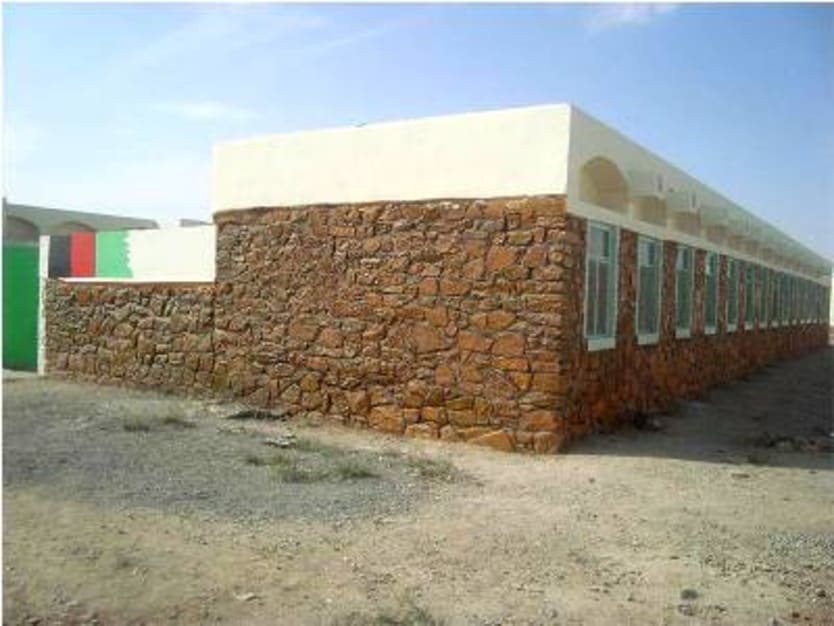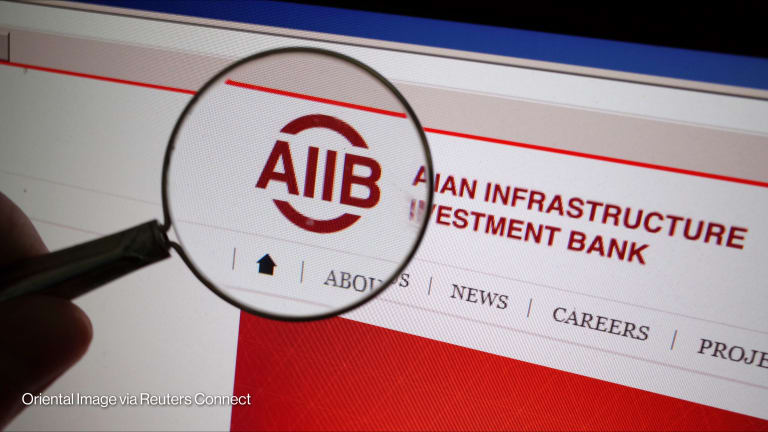
Subcontractors of DAI, a development contracting firm, may have misused funds of the U.S. Agency for International Development to pay the Taliban in exchange for protection, a review by USAID’s Office of Inspector General finds.
DAI is implementing that USAID-backed Small and Medium Enterprises Development, Driving Economic Alternatives for the North, East, and West, and Local Governance and Community Development projects in Afghanistan.
The report, however, did not find any USAID funding misuse by security firm Edinburgh International. The firm has been contracted by the agency to provide security services to three USAID-funded Afghan projects implemented by DAI.
News reports over the past year claimed that U.S. funds paid to contractors for Afghan reconstruction projects were siphoned off to Taliban insurgents in exchange for “protection” to prevent attacks.
The review, which was conducted by the USAID Regional Inspector General/Manila, however, revealed that DAI subcontractors may have “misused USAID funds to pay off Taliban insurgents in remote and insecure Taliban strongholds” for the Local Governance and Community Development project.
The review said: “Interviews with personnel from USAID, U.S. intelligence, and DAI indicated that, for LGCD subprojects, Afghan subcontractors would meet with local community leaders before the implementation phase and negotiate the terms of community support, including employment opportunities and security arrangements. The subcontractors would also negotiate security terms with insurgents either directly or indirectly through community leaders. Insurgents could demand from the subcontractor a ‘protection tax’ of up to 20 percent of the total subcontract value in exchange for protection. ‘Protection’ might include Taliban-provided security guards for the activity site and a promise not to attack the subcontractor’s personnel and equipment and not to halt the activity.”
The review recommended that the USAID mission in Afghanistan:
- Conduct “appropriate” risk and impact assessments of current and proposed locations that are targeted for LGCD subprojects to determine if such locations are secure enough to allow for civilian implementation and monitoring efforts without interference from insurgent groups.
- Conduct an internal audit of all offices under the LGCD project to assess internal controls and take “appropriate” corrective actions on any material weaknesses identified and fraud uncovered.
- Direct DAI to carry out policies and procedures to perform “adequate” cost analysis of fair market prices, and detect and prevent inflated costs and possible fraudulent activity as part of its subcontracting process for the LGCD project.
- Develop an action plan to maintain a sufficient level of oversight on subcontracting and purchasing process by DAI for the LGCD project.








